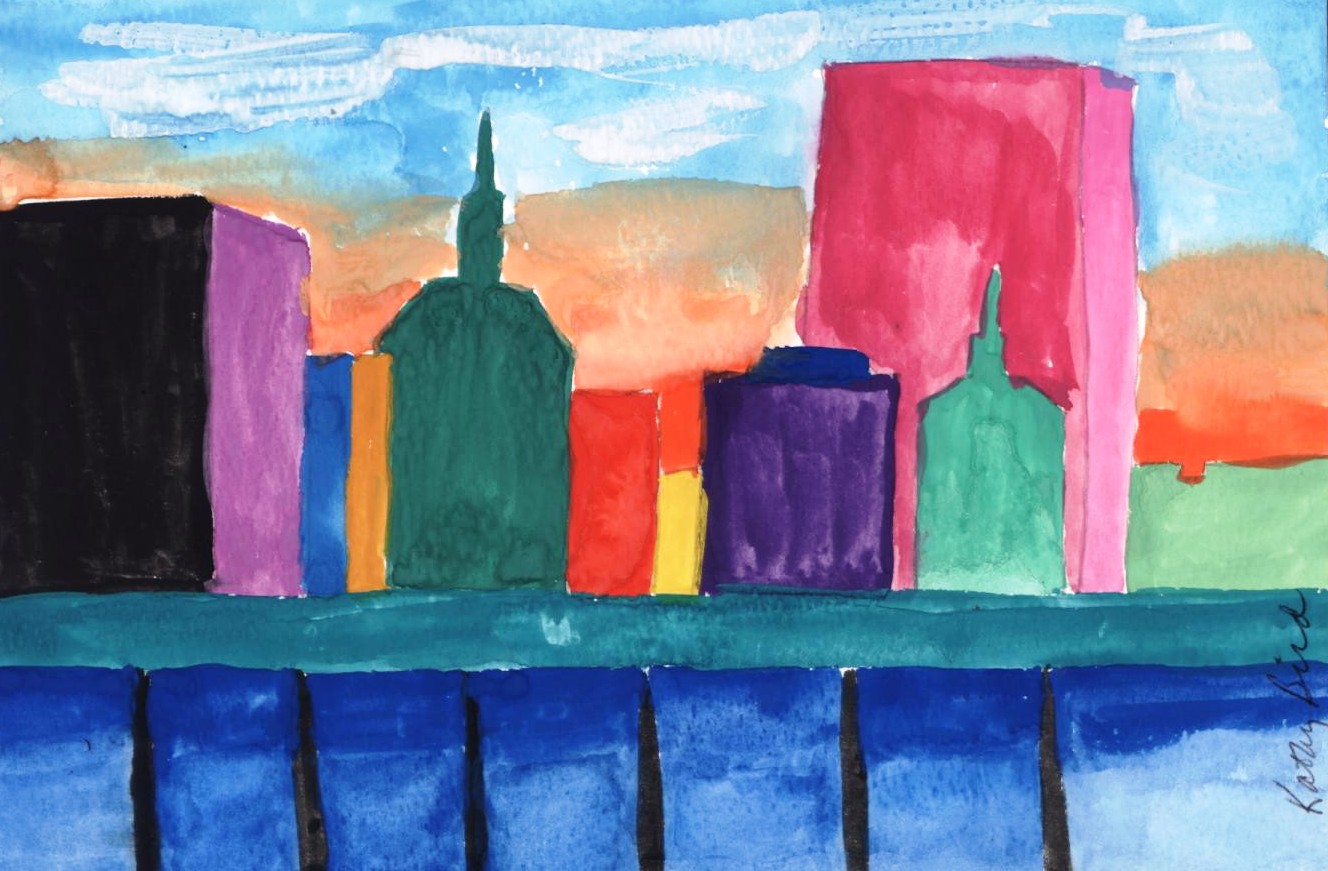Article written by Maria Minor
At A Better Way, a nonprofit in Trenton, we help those who have been incarcerated acclimate back into their communities and be successful members of society.
When I first started working at A Better Way, a year ago, I thought it was a friendly place with well-intentioned services. I quickly came to the realization that this nonprofit was fighting a war against injustice and overwhelming odds.

One day after GED class, one of my students came to me and apologized for being late. He told me that he needs this course so that he can pass and support his family. He told me that he has done the whole street thing, he has been in and out of prison, and does not want that life anymore.
The current correctional system traps people in a vicious cycle that may as well be a death sentence, and burdens law-abiding citizens with exorbitant taxes to support this injustice.
Likewise, the current reentry program — most popularly supported by our state and federal institutions — involves driving ex-inmates to a bus stop and dropping them off.
To those of us not exposed to the multidimensional issues surrounding prisoner reentry, a bus ticket may seem like a fair deal. However, imagine a man who has just finished a 15 year sentence.
When he went to prison, he had an 8th grade education to his name, most likely from an underachieving school district. He has not been educated since, and the psychological or emotional damage that occurred prior to his incarceration has not been addressed.
Family ties have been broken or strained. He may not own a house or have a place to live.
He possibly owes money for child support. He does not have a job or many means to support himself or his family. He probably does not have an active license or vehicle. And the only thing his resume shows is a criminal conviction and 15 years of unproductivity.
By all practical purposes, ex-offenders are our nation’s refugees, to whom we turn a blind-eye because we fear them, mistrust them, and do not want to be bothered. They are the invisible people who have fallen through the cracks of our society and left to “make it by” because they are criminals and have gotten what they deserve.

So they turn to the streets — the only place they can really go. More than one third of ex-offenders return to prison. This is not the life they would choose for themselves.
This current situation is not only an inexcusable social injustice, but also a drain on citizens. According to the 2012 report done by the VERA Institute of Justice, the incarceration of each individual costs about $55,000. Many who are released then become reliant on welfare and social services.
Bo-Robinson is a prison in Trenton that is addressing this in- justice. Prisoners who have a year or less remaining of their sentence are transferred to Bo-Robinson where they receive counseling, guidance, training and education. Initiatives, like these, bridge the gap between incarceration and reentry into society.
This past month, Bo-Robinson held an alumni night where ex-inmates shared their testimonies. The alumni strolled in like celebrities to the sound of a roaring crowd. One after the other had left this program and bettered their lives. They all had pursued basic and higher education, and are currently employed. Some found the love of their lives and married.
One man had served 25 years only to then earn his GED, bachelors and doctorate degrees.
When he came up to speak, he stood in front of the crowd of inmates and said, “Who wants freedom?”
A few people nodded their heads. He then yelled, “Who here wants to be free?” To those who jeered and raised their hands, he said, “Good, I can work with you.”
More importantly than any degree or job is the change of character these alumni professed. They spoke about personal responsibility, honesty and integrity. They said that humility is necessary to change, and without that willingness to reject who they were, they would have never have made it a foot off the streets.
Most ex-offenders are not nearly as fortunate as the alumni of Bo-Robinson. Without this sort if support structure, many are doomed to the same life that led them to prison in the first place, which includes poverty, homelessness, and crime.
I hope to see a brighter future for our justice system where we treat people humanely, offering them correction as well as rehabilitation. Facilities like Bo-Robinson and organizations like A Better Way prove that a second chance is not in vain and that it is never too late for people to turn their lives around and be an inspiration to us all.
This article originally appeared in the Fall 2013 Issue of The Wall Newspaper
